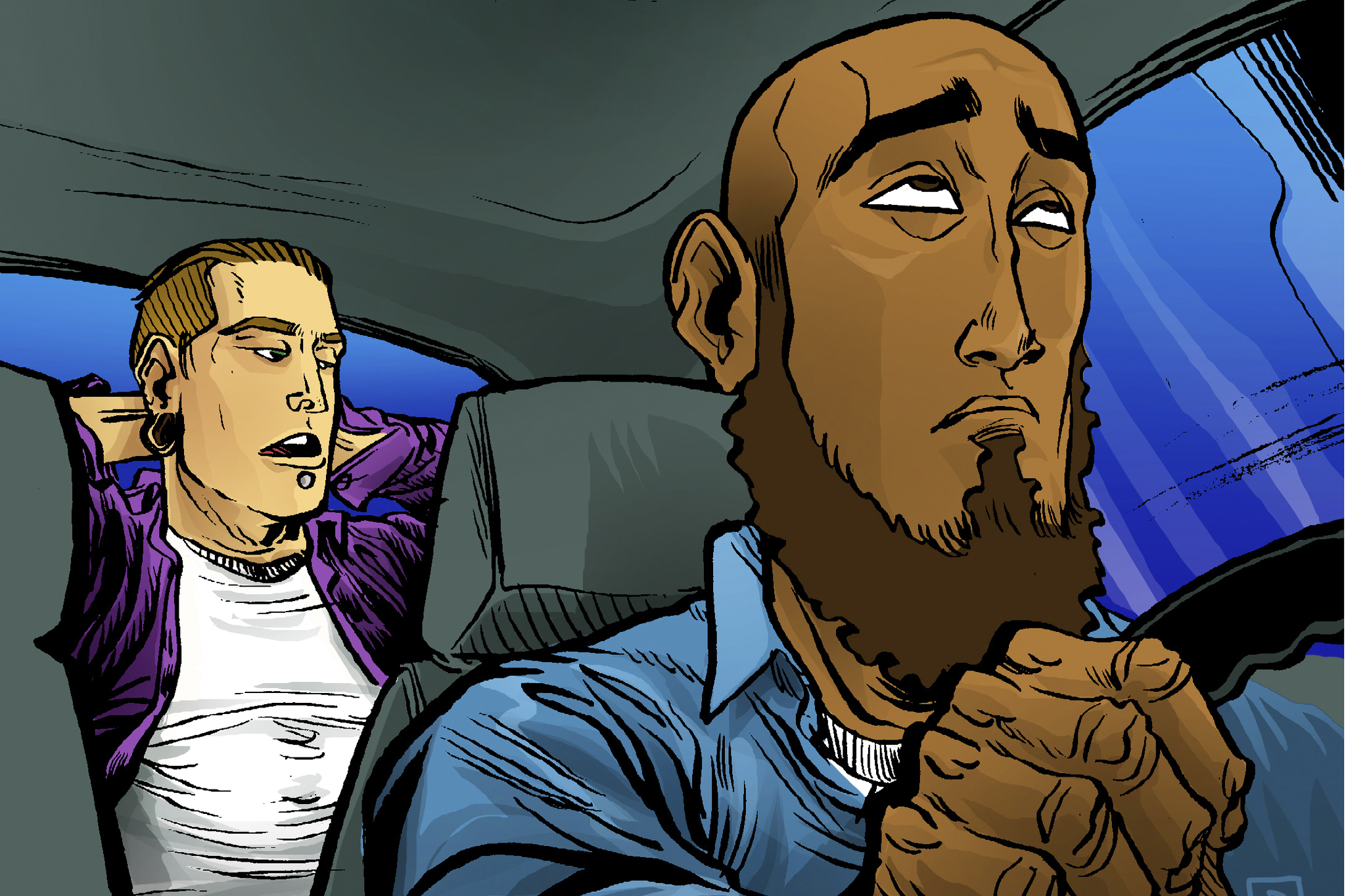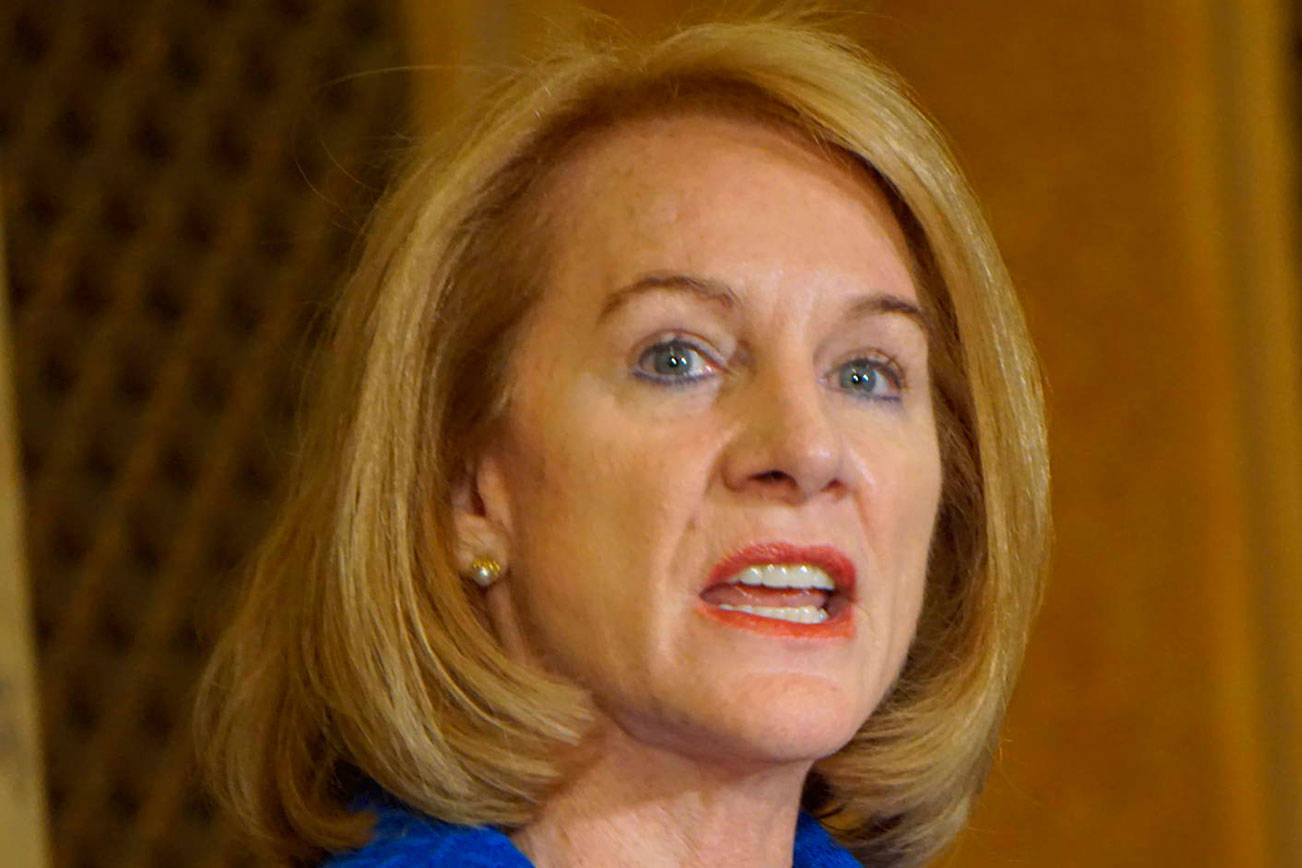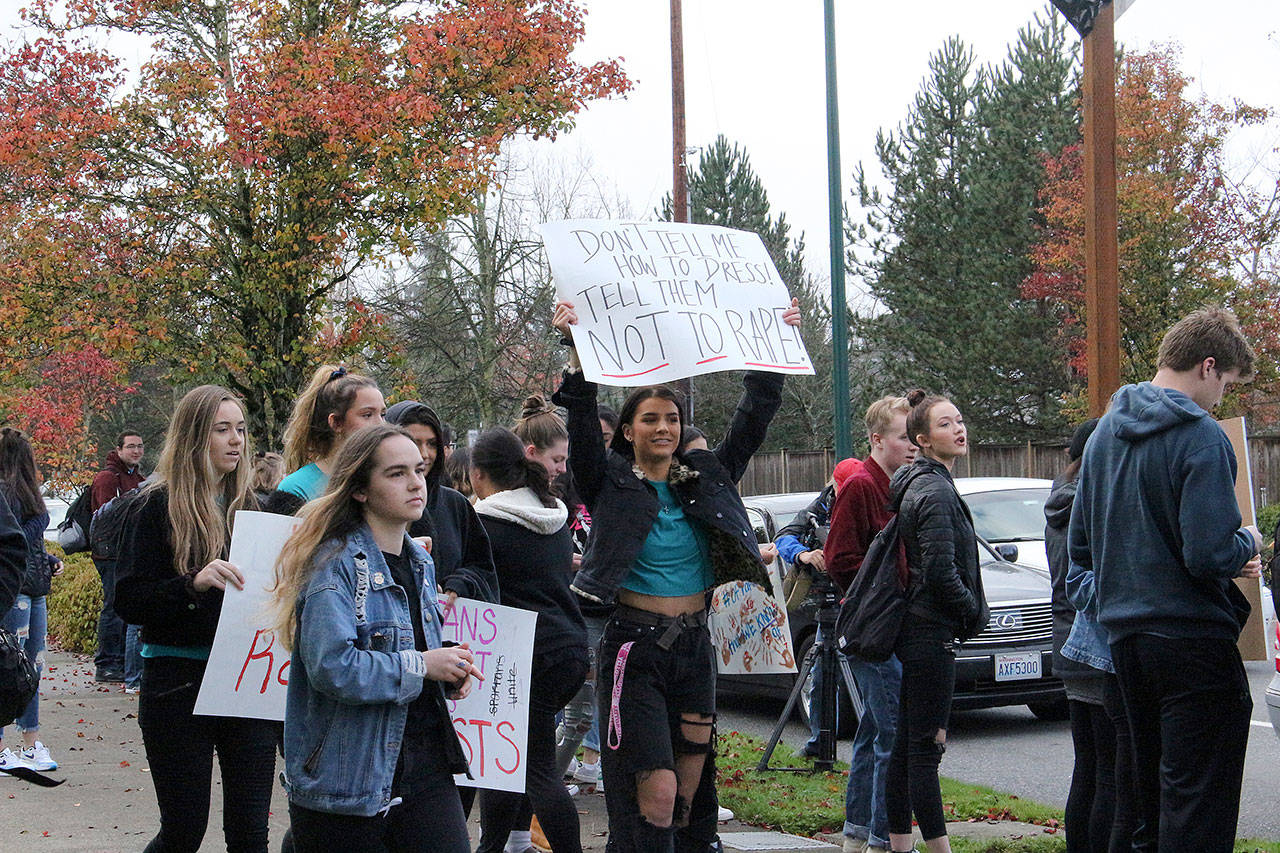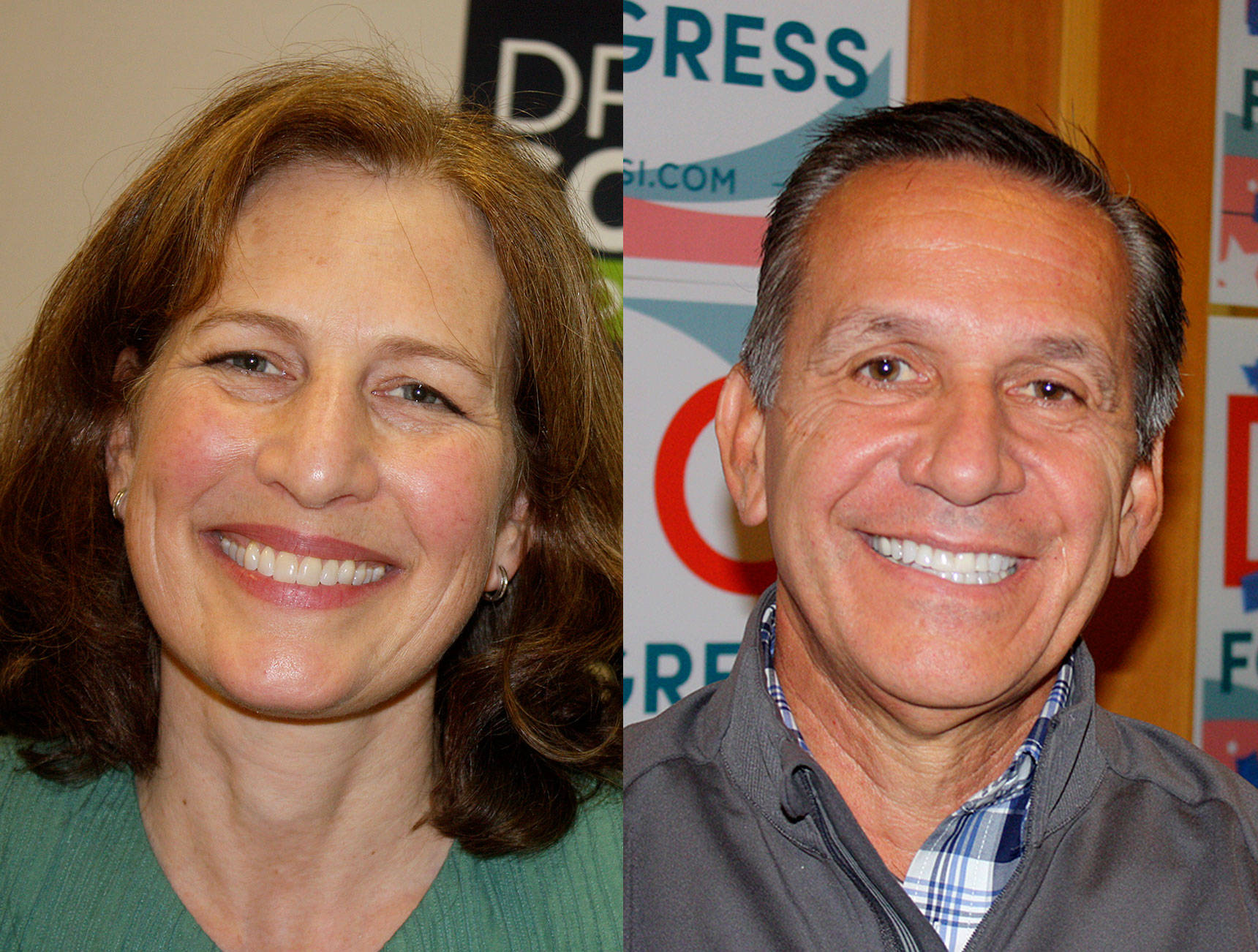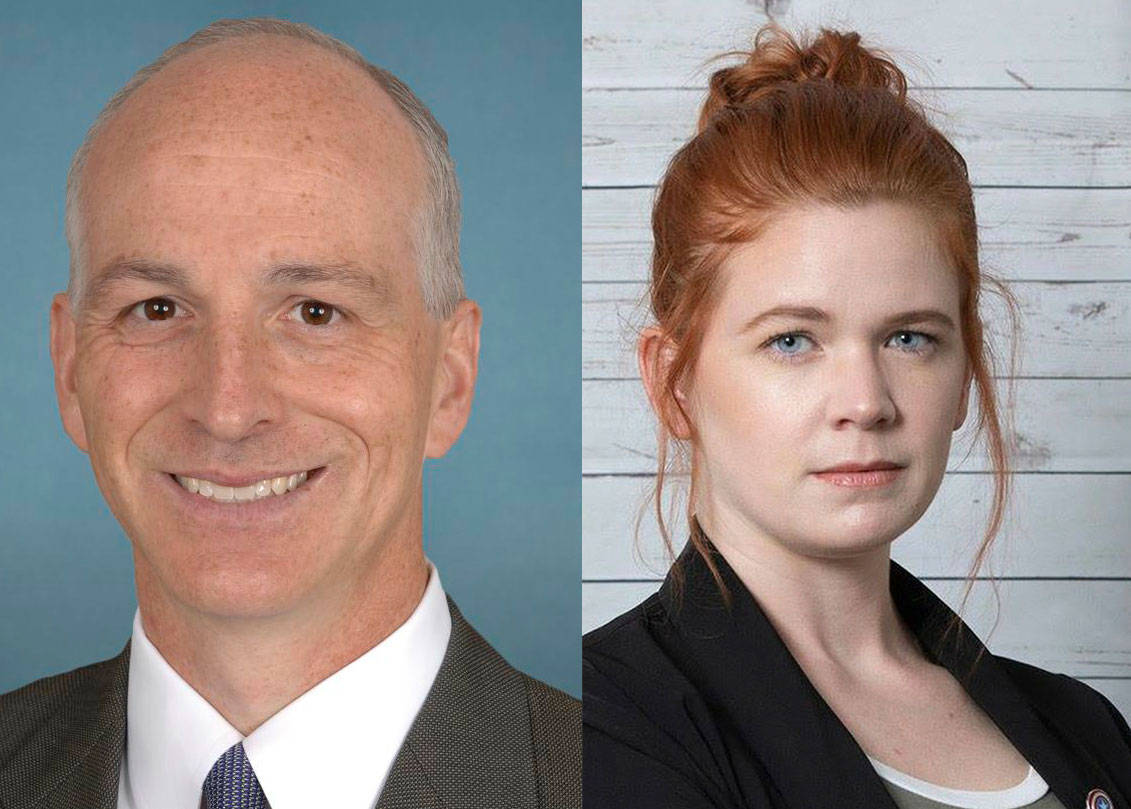Welcome to Assphalt, Seattle Weekly’s new column dedicated to transportation around Seattle. Each week our staff will answer your burning questions about getting around Seattle, be it the etiquette of Lyft-ride make-out sessions or the best bar to get shnockered at before boarding the ferry. If you’ve got a question, please ship it our way: Assphalt@seattleweekly.com.
Dear Assphalt:
I consider myself a good Seattle liberal. But I live north of the Ship Canal and feel disconnected from Seattle’s vibrant immigrant populations. Is it wrong to start conversations with my Uber drivers about where they’re from? It’s interesting to me, but I could see it coming off as insensitive/annoying. Thanks, Assphalt!
Jesus. We thought this column was going to be about bus routes and potholes. But it’s racial etiquette you’re interested in. OK, fine.
First off, let’s explore your two main premises: that North Seattle doesn’t have a large immigrant population and that the Uber labor pool does.
On the first, you are more or less correct, assuming you don’t live too far north of the Ship Canal. According to a ridiculously useful map put together by Gene Balk at The Seattle Times, neighborhoods like Wallingford, Roosevelt, and Greenwood are where the percentage of foreign-born residents tends to be like Donald Trump’s chances of winning the general election: single digits. Farther north, like Northgate north, you see slightly higher figures, but nothing like those of, say, Tukwila, where several neighborhoods are over 50 percent immigrant.
Likewise, it is also true that, according to Uber’s own testimony, more than half of its drivers are immigrants—perhaps well over half. Back in 2013, an Uber official told the Seattle City Council that “the vast majority of the drivers that we partner with are immigrants.” According to The Seattle Globalist, the official went on to say: “We’re a huge supporter of the Ethiopian community here and the immigrant population. . . . ”
Not everyone sees things that way. A report released last year by the National Employment Law Project argued that on-demand jobs like driving for Uber and Lyft keep workers in positions that require brutally long hours without benefits like minimum wage, overtime pay, and insurance coverage. That’s because the ride-share companies classify them as contractors—or “partners”—rather than employees.
So now that you’re all slathered up with white guilt, to your point: Is it cool to ask your driver where he or she is from, since, depressingly, Uber probably is a North Seattleite’s best chance to chat with an immigrant?
The short answer is yes, probably, if done right. Sarah Stuteville, who co-founded The Globalist, shared this thought when we passed her the question: “I find the ‘Where are you from?’ question problematic because it presumes the person isn’t American, and often can serve to point out ‘You’re different’ and/or be generally other-izing and politicizing.” But she added: “I think it’s always interesting to hear where people grew up (whether it’s Ballard or Mumbai) so I tend to just ask that instead: ‘Where did you grow up?’ as my getting-to-know-you question with strangers.”
We also got in touch with an Uber driver. To be clear, Juan Luis Lizaraga, of Mazatlán, Mexico, was put in touch with us through Uber, so take that for what you will. But this was Lizaraga’s response: “I like it when a rider asks me where I come from. This is an opportunity to have a nice conversation while we are on the trip. That question will lead to different kinds of conversations like politics, vacation spots to visit, or just talk about where I’m from. When a rider wants to engage in a conversation, [it’s] always nice because sometimes the destination, it’s too far, and that makes the trip more pleasant for everyone.”
The only thing we’d add here is this: Never come down with a case of the from-froms. If you ask someone any form of the question and they say, oh, “Rainier Beach,” remember that’s a totally valid answer. Just because they have darker skin and an accent does not provide license for this classic follow-up: “No, like, where are you from from?” ■
assphalt@seattleweekly.com
